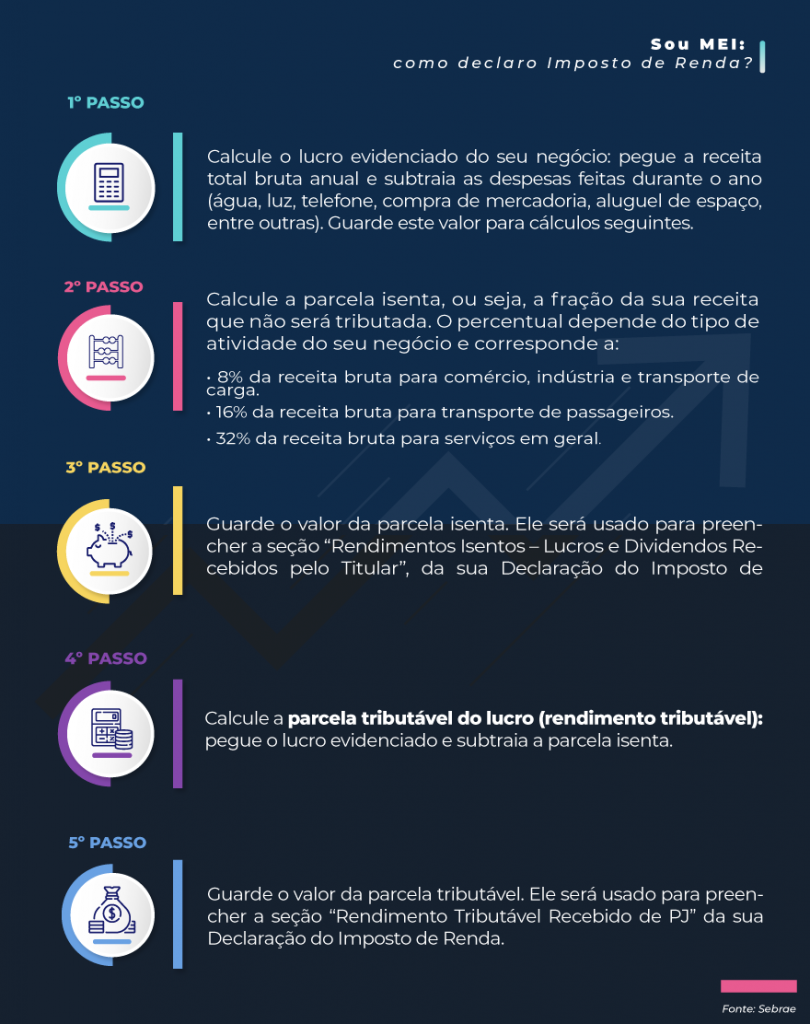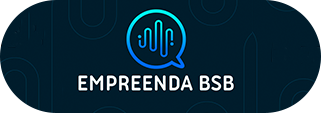With the deadline for submitting the Income Tax Declaration approaching, it is common to have doubts, especially for those who are Individual Microentrepreneurs (MEI). “Do I need to declare?” and “how to declare?” are probably the most frequently asked questions.
The main thing for MEI is to know how to differentiate company profits from personal income. Furthermore, it is necessary to be aware of the new feature of 2021: should I declare the emergency aid I received?
Individual vs. Legal Entity
"We remember that there are two 'pockets': that of the individual and that of the company", explains Silas Santiago, Public Policy Manager at Sebrae Nacional.
The Federal Revenue considers that there are two types of taxpayers: individuals (CPF) and legal entities (CNPJ). “As a legal entity, MEI must present, by May 31st of each year, the Annual Declaration of Simples Nacional, the DASN-SIMEI”, explains Silas.
However, as an individual, you may have to declare the gains obtained with the legal entity, that is, your own income, what you receive from the company and spend, for example, on food and housing.
“But, in most cases, this will not happen, because he may not have obtained the minimum taxable value, given that a good part of what he 'receives' from the MEI company is exempt”, highlights the manager of Sebrae Nacional.
In which situation should the MEI declare Personal Income Tax (IRPF)?
For the micro-entrepreneur to declare IRPF, "the main condition is to have received taxable income in 2020 equal to or greater than R$28,559.70 throughout the calendar year", explains Silas. Divided by the months of the year, the value is approximately R$2,380.00 per month.
I am MEI and received emergency aid: what now?
If the MEI has received emergency aid and, without counting federal aid, has had total taxable income above R$22,847.76, it must not only declare but also "return the emergency aid", points out Silas.
The IRS estimates that 3 million Brazilians need to return emergency amounts. To declare emergency aid, inform the Ministry of Citizenship as the Paying Source, with CNPJ 05.526.783/0003-27.
Furthermore, it is worth highlighting that the rules for declaration are constantly changing and, therefore, he warns: “it is essential to remain aware of the existence of other parameters that may make declaration mandatory”.
The Federal Revenue publishes, every year, the rules for declaring Income Tax. The manual prepared by the agency for 2021 is available here.
What can happen if you don't submit your IRPF declaration?
“For microentrepreneurs, it is very important to be up to date with the tax authorities in relation to IRPF and other obligations, such as the monthly DAS and DASN-SIMEI, to avoid the application of penalties that can range from fines to the declaration of the CNPJ being ineligible. can prevent the issuance of invoices”, explains Silas Santiago.
For this year, the Federal Revenue expects to receive 32 million declarations by the end of the deadline. And, so you don't miss any data, we prepared this step by step!

Art: Gabriel Gomes
The deadline ends on May 31st and, if you haven't planned yet, it's good to be careful not to end up in debt to the Lion!







